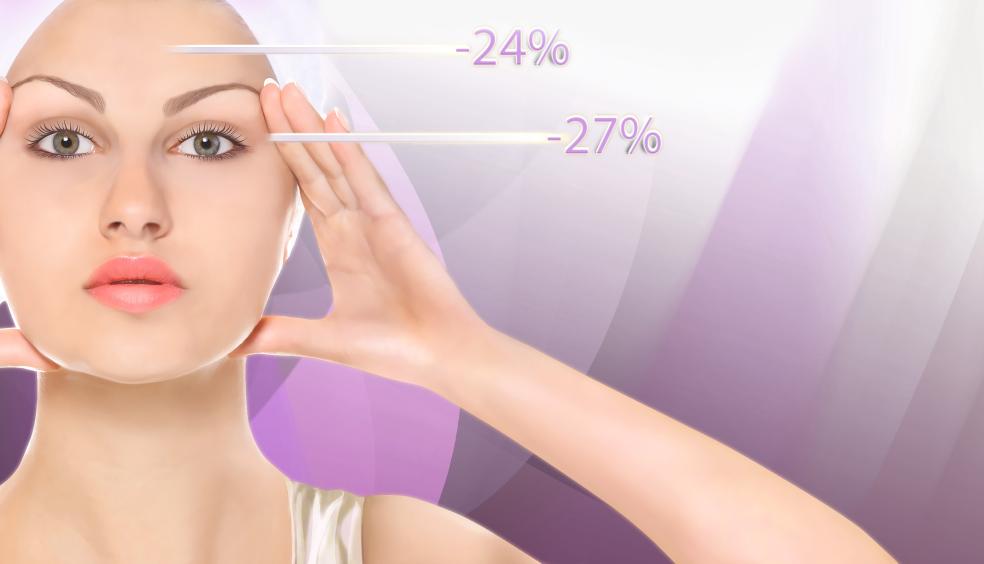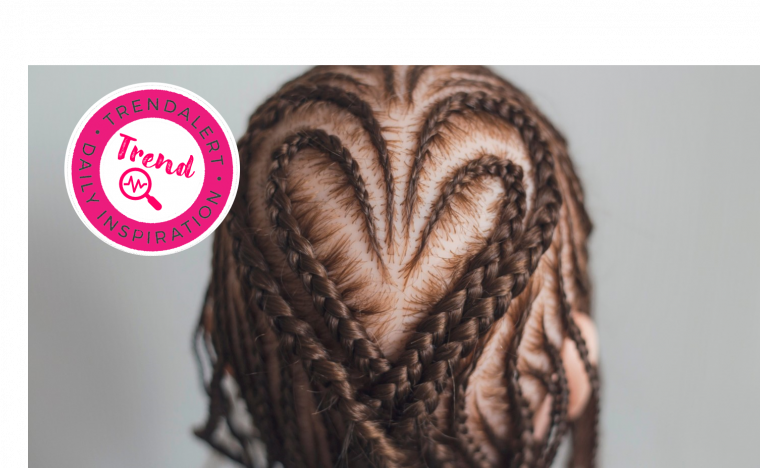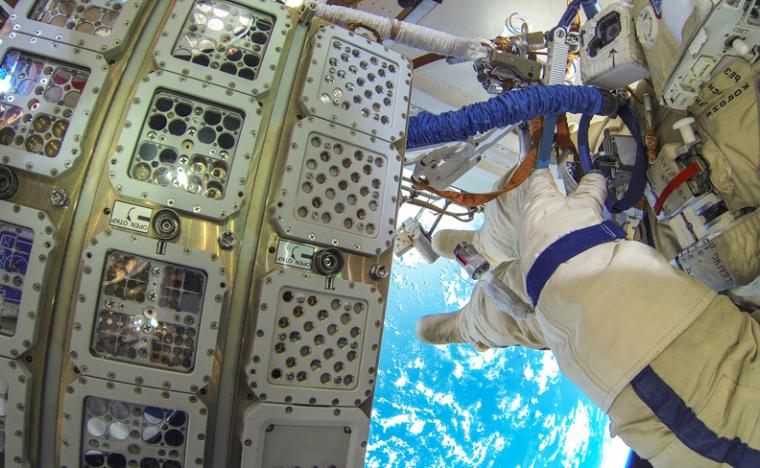The Impact of Glycation on Skin Health
Glycation is a natural biological process that, unfortunately, has deleterious effects on our skin health. It's a process that occurs when sugars in our body chemically react with proteins or lipids without the involvement of enzymes, leading to the formation of advanced glycation end products (AGEs).
AGEs are harmful compounds that accumulate in our bodies over time. They are formed through a complex series of reactions, the most common of which is called the Maillard reaction. This reaction starts when a sugar molecule bonds to a protein or lipid molecule, creating a Schiff base. This base then rearranges into a more stable structure known as an Amadori product. Over time and with the influence of oxidative stress, these products can eventually become AGEs.
AGEs have been linked to a variety of health problems, but their effect on the skin is particularly notable. They can cause the skin to become stiff, less elastic, and more prone to wrinkling and sagging. This is because AGEs primarily affect collagen and elastin, the proteins responsible for maintaining the skin's firmness and elasticity.
Collagen and elastin fibers are particularly susceptible to glycation due to their long lifespan and slow turnover. As AGEs accumulate on these fibers, they become rigid and lose their ability to function properly. This leads to a loss of elasticity, strength, and resilience in the skin, contributing to the visible signs of aging.
While glycation is a natural process that we cannot completely stop, there are several strategies to mitigate its effects on the skin:
- Healthy Diet: A diet low in sugar and high in antioxidants can help reduce the amount of sugar available for glycation and combat oxidative stress, respectively. Foods rich in B vitamins, particularly B1 and B6, can also inhibit the formation of AGEs.
- Topical Antioxidants: Certain skincare products containing antioxidants can help protect the skin from the damaging effects of AGEs. Ingredients like vitamin C, vitamin E, and ferulic acid are particularly effective.
- Regular Exercise: Regular physical activity can improve circulation, which helps in the removal of AGEs from the skin.
- Adequate Sleep: Quality sleep allows the body to repair and regenerate, which can help minimize the damage caused by AGEs.
In conclusion, while glycation and the formation of AGEs are inevitable aspects of aging, understanding their impact on our skin and taking proactive steps can help us maintain healthier, more youthful skin for longer.
Mibelle Biochemistry has two ingredients in the portfolio against glycation in the skin:
- Ameliox™, a liposomal preparation combining carnosine, an antioxidant and anti-glycation substance with two powerful oil-soluble antioxidants (silymarin and tocopherol). Ameliox™ is able to inhibit glycation reaction and reduces lipid peroxidation and prevents oxidative aging.
- GlowAGE™ , based on the extract of the leaves of Ziziphus spina-christi, prevents and reduces glycation in the skin for a rejuvenated and radiant appearance.









